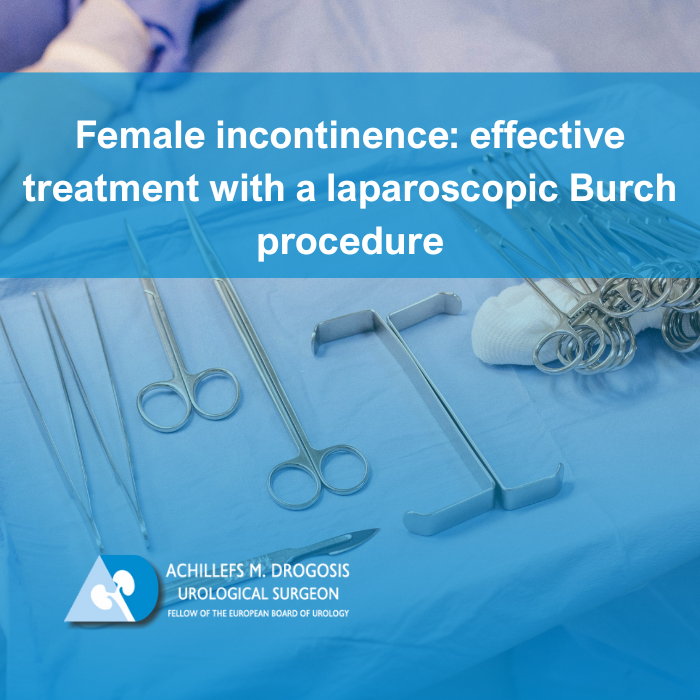What is Gonorrhea?
Gonorrhea (also spelt gonorrhoea) is one of the most common sexually transmitted diseases (STD) globally, with a significant impact on public health. It is caused by the bacterium Neisseria gonorrhoeae and affects mainly the genitals, urethra, throat, anus (bottom), and eyes. Early diagnosis and treatment of gonorrhea are very important for avoiding long-term complications and infecting others.
How is Gonorrhea spread?
Gonorrhea is almost always passed from one person to another through sexual activity, including vaginal, oral or anal intercourse. It is possible to become infected by someone even when they have no noticeable symptoms, so gonorrhea can very easily spread undetected. Another way in which gonorrhea is spread is from an infected mother to her baby during childbirth. This form of the disease affects the baby’s eyes (gonococcal conjunctivitis) and can lead to serious complications if it is not treated with antibiotics.
What is the cause and what are risk factors?
The bacterium responsible for gonorrhea, Neisseria gonorrhoeae, colonises the mucus membrane of the genitals or other sensitive areas. Some factors significantly increase the risk of getting gonorrhea:
- Unprotected sexual activity
- Having more than one sexual partner
- Having another sexually transmitted infection
- Being young and sexually active (it typically affects people between 15–35)
- Lack of information and preventive testing
Gonorrhea makes no distinctions – it can affect any sexually active adult.
Symptoms of Gonorrhea
The symptoms of gonorrhea usually appear within 2 to 14 days of becoming infected, although in many cases (mainly in women) the disease can remain asymptomatic for a long time. Symptoms of the disease vary according to whether you are male or female.
In men typical symptoms are:
- Fluid or discharge coming out of the penis (white, yellow or greenish)
- Burning pain when urinating (when you pee)
- Sore or swollen testicles
In women the symptoms may be less clear-cut
- A yellow or greenish discharge from the vagina
- Burning pain when urinating (when you pee)
- Pain in your lower abdomen
- Unusual bleeding between periods
In the event of oral or anal contact, symptoms may also include a sore throat, or pain and discharge from the anus (bottom).

Diagnosis of Gonorrhea
Gonorrhea is diagnosed by taking a swab of the affected area for analysis by a lab using either culture or molecular biology testing such as PCR. Accurate diagnosis is essential not only because it confirms that the disease is present, it also ensures that an appropriate treatment is chosen – this is very important because some recently emerging strains of the bacteria are more antibiotic-resistant.
How is Gonorrhea treated?
Gonorrhea is treated with antibiotics. Treatment typically involves a single injection of ceftriaxone, though a patient may be prescribed additionally either azithromycin or doxycycline – these are both antibiotics which you take orally (by mouth).
It is also important to screen and treat a patient’s sexual partner(s) from the last 60 days, even if they have not got any symptoms. It is also recommended that a patient abstain from sexual contact until he or she has been tested again (about a week after treatment) to check that the disease is no longer present.
What is the outlook for people with Gonorrhea?
Patients who receive prompt treatment usually recover quite quickly, and most symptoms will normally clear up within a few days. However, if the disease is not completely cured, this can lead to serious complications.
Possible complications in women:
- Infertility (due to damage to the fallopian tubes)
- Pelvic Inflammatory Disease
- Sepsis (in rare cases)
Possible complications in men:
- Infertility (due to damage to the testicles)
- Epididymitis (inflammation of a curved structure at the back of the testicle)
- Sepsis (in rare cases)
This is why it is important to follow your doctor’s instructions and to be regularly retested.
How to prevent Gonorrhea
There are some things that you can do to avoid getting gonorrhea. The use of condoms during vaginal or anal sex and regular testing once a year or if you have a new sexual partner are the main ways to avoid getting the infection and spreading it to others. And for both ethical or medical reasons you must ensure that your sexual partner is informed that you have the disease.
Gonorrhea is a common but serious sexually transmitted infection. Taking precautions, early diagnosis, and completing the full course of treatment can prevent serious complications and protect your reproductive and sexual health. Whether you have symptoms or you belong to a risk group and have concerns, you should consult a urologist promptly, as both prevention and effective treatment depend on having accurate information.
If you have any questions regarding gonorrhea, contact us and book your appointment.

